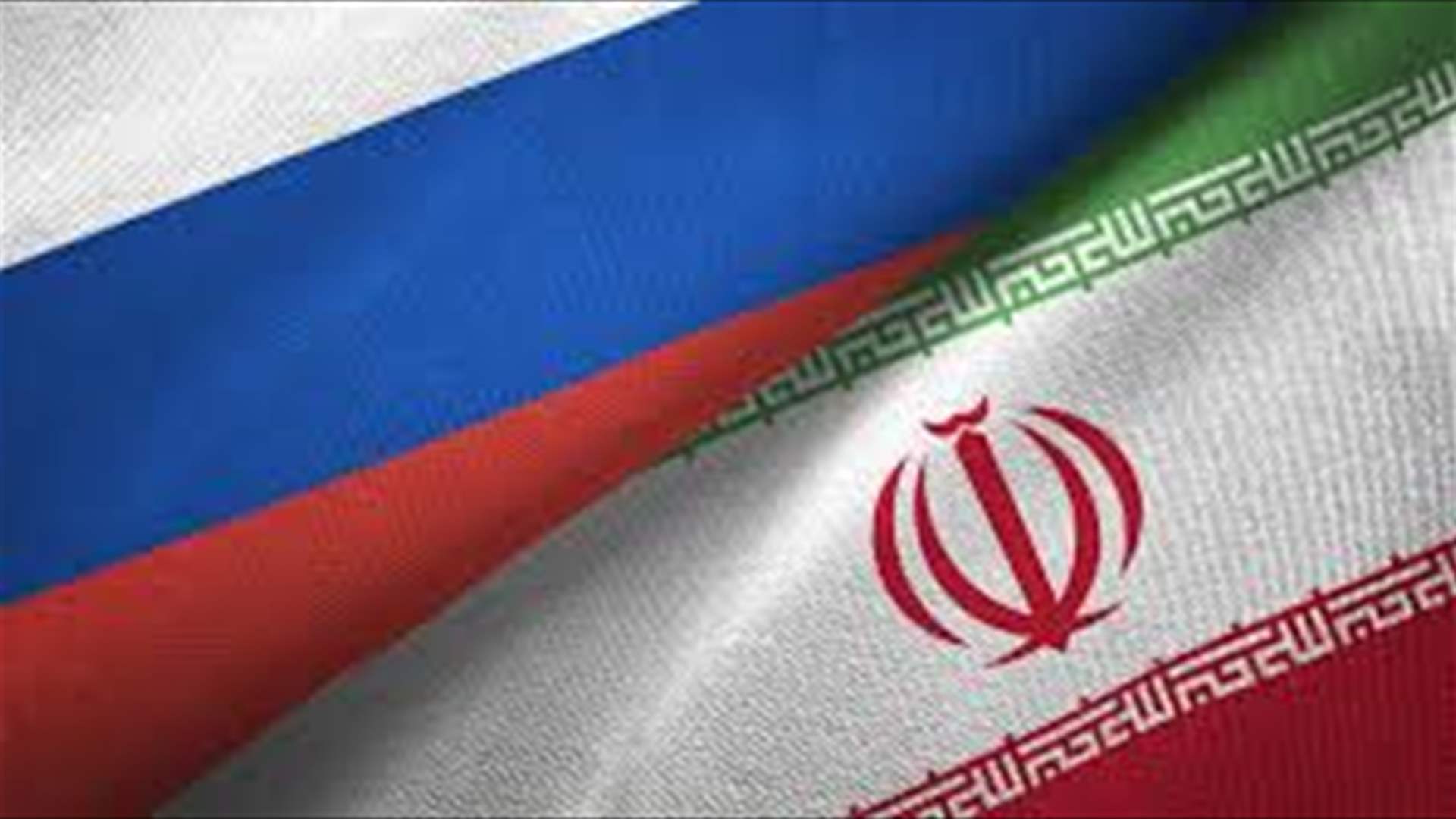News Flash
News Flash

MOSCOW, Jan 13, 2025 (BSS/AFP) - Russia and Iran will sign a "comprehensive strategic partnership" treaty on Friday during a visit to Russia by Iranian President Masoud Pezeshkian, the Kremlin said Monday.
Raising concerns in the West, Moscow and Tehran have boosted their military and political cooperation amid Russia's full-scale military offensive on Ukraine and conflict in the Middle East.
"On 17 January, Vladimir Putin will hold talks with the President of the Islamic Republic of Iran Masoud Pezeshkian, who will come to Russia on an official visit," the Kremlin said.
Alongside signing the agreement, the two leaders will discuss "prospects for the further expansion of bilateral cooperation, including in trade and investment, transport and logistics and the humanitarian sphere, as well as topical issues on the regional and international agenda," the Kremlin said.
Both Russia and Iran are under heavy Western sanctions that include restrictions on their vital energy industries.
Putin signed a similarly named treaty with North Korea last year, further strengthening his alliance with Pyongyang.
Under that agreement, both sides commit to provide military assistance in case the other is invaded or attacked.
North Korea has since sent thousands of soldiers to fight against Ukrainian troops in Russia's western Kursk region, hundreds of whom have been killed or wounded, according to South Korean, Ukrainian and Western intelligence.
The West and Ukraine have also long accused North Korea of sending millions of artillery shells and missile components to Russia.
At a summit of the BRICS group in Kazan last year, Putin told Pezeshkian he valued "truly friendly and constructive ties" between Russia and Iran.
Ukraine and the West say Iran has supplied Russia with self-detonating "Shahed" drones that it fires on Ukraine in nightly barrages.
Pezeshkian's visit to Russia comes just days before US President-elect Donald Trump comes to power.
Trump is seeking a rapid end to both the conflicts in Ukraine and the Middle East.
It also comes a month after a rebel offensive overthrew Syrian leader Bashar al-Assad -- who was heavily supported by both Moscow and Tehran.